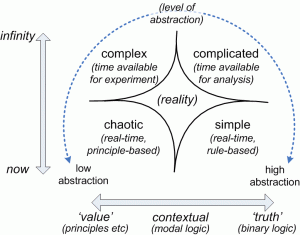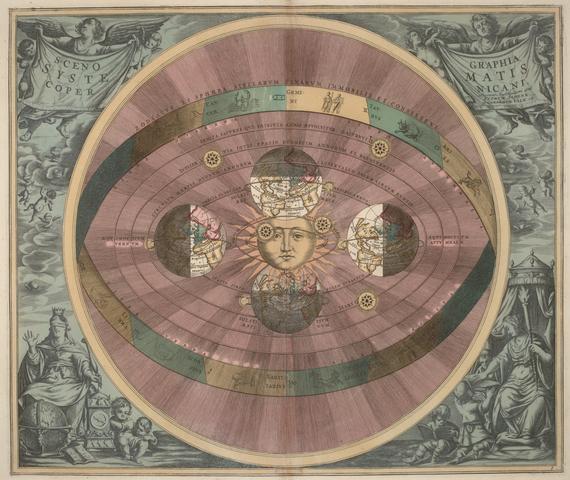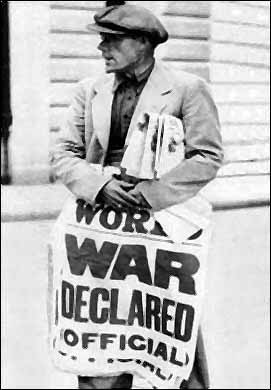
I was recently reading a book about the 2008 market crash. In the book, the author said that people assumed that technology would make life simpler. However, what followed was one of the worst crashes in memory.
I wanted to find out more, so I thought I’d go to my local council offices. I checked online to see their opening hours so that I wouldn’t get there to find that they are closed and got ready to set out. As you may know, council offices usually have a lot of red tape to cut through to find out anything. After the American Civil War (strange concept, Civil War) soldiers had to return to their home town so that the council offices could go through all of the records to see if they deserved pay and pension. The paper documents, which had to be transported from across the country, were bound in, yup, red string. No wonder red tape has such a bad reputation!
So, anyway, before going out I checked the weather on the internet (no looking out of windows for me) and then quickly went to the bathroom and prepared a bottle of water- don’t worry, I didn’t have to go down the street or carry out my own waste, nor did I have to go to the well, I only had to press two buttons and my waste was disposed of an I had crystal clear water to drink on my journey.
As for the journey, I had too many choices, should I walk, ride a bike, ride a motorbike, take a car, take a taxi or take a plane? On the journey I got hungry and went into a shop to buy some food. I didn’t have to check the season as, due to technology, farmers no longer have to wait for the flooding of the Nile, nor play Russian roulette with the seasons, they could plant things at the right time, whenever they wanted and, instead of having to wait, I could buy whatever I wanted there and then, no need to go hunting or plant crops myself! I have stomach problems so have many dietary restrictions, again, no problem, there are whole sections to cater to me and at the press of a few buttons my prescription will be sent from the doctor’s office to the chemist for me to pick up at my convenience.
On my journey I thought of a book I had read as a child, which I can’t remember the name of, so I popped into my local, free, library to ask. They did a google search but came up empty. The book is the story of an animal (a sheep, I think) who has grown tired of eating the same white snow every day. One day he looks up and sees at sunset, on the horizon, pink snow. The animal sets out to find this beautiful snow and after a long journey finds that the snow isn’t always pinker on the other side, so after a long hard journey the animal finds that all he wanted was there, simply, in front of him.
On the way home I checked my phone to see if anyone had tried to contact me. The psychiatrist Anthony Storr wrote that the fixation on social positioning (in his context in relationship status- hello Facebook) is a new concept which has emerged after we could easily move from country to country, town to town in pursuit of love, work and happiness (three elusive things) as before one’s energy would be on growing the crops and any relationship would come from the surrounding area, when the work is done, of course (who needs an algorithm?)
The German philosopher Freddie Nietzsche once wrote ‘the surest way to corrupt a youth is to instruct him to hold in higher esteem those who think alike than those who think differently’ and the modern obsession with 24/7 work and the esteem social world are things taught from an early age. Maybe if we encouraged our children to read books about snow (if anyone knows the title, please drop me a line) then they would realise how lucky we are and how simplistic our modern world really is. Tolstoy showed in War and Peace that we humans struggle in times of peace more than in war, (maybe due to Sartre’s notion of freedom being freedom from responsibility, something he himself found living under the German occupation of Paris), so this must be taken into account, so clear, no doubt, however, if you want something that is really complex to think about, Niels Bohr, one of the fathers of quantum theory, wrote ‘everything we call real is made of things that cannot be regarded as real’ but, as for me, I am going to go and turn the tap on a few times and try to comprehend the sure genius and simplicity of clean water coming out of taps.
‘till next time
————————————————————————-
Ten Essential Books
A few people have contacted me on thegreaterfoolblog@hotmail.com to ask for me for book recommendations so here are my ten essential books and a couple for younger readers, with ISBNs
- Martin Buber- I-Thou (ISBN-10:0684717255)
- Benedict De Spinoza- Ethics (ISBN-10:0140435719)
- Albert Einstein- The Essential Einstein: His Greatest Works (ISBN-10:0141034629)
- Fyodor Mikhailovich Dostoevsky- The Idiot (ISBN-10:0140440542)
- Edgar Allan Poe- The Collected Tales And Poems Of Edgar Allan Poe (ISBN-10:9780679600077)
- Friedrich Nietzsche- Human, All Too Human I / A Book For Free Spirits (ISBN-10:0804741719)
- Johann Wolfgang Von Goethe- Selected Works: Sorrows of Young Werther: WITH Elective Affinities, Faust and Italian Journey (ISBN-10:1857152468) (the definitive translation of his poetry only being Goethe: Selected Verse (ISBN-10: 1857152468))
- Leonard Cohen- Stranger Music: Selected Poems and Songs (ISBN-10:0224038605)
- Bob Dylan- The Lyrics: Since 1962 (ISBN-10:1471137090)
- Marcel Proust- In Search of Lost Time (Proust Complete – 6 Volume Box Set) (ISBN-10:0812969642)
And for the younger readers:
- Colin Dann- Fox Cub Bold (in the Animals of Farthing Wood series) ISBN-10:0099375206
- Nina Bawden- The Finding (ISBN-10:0575036184)



